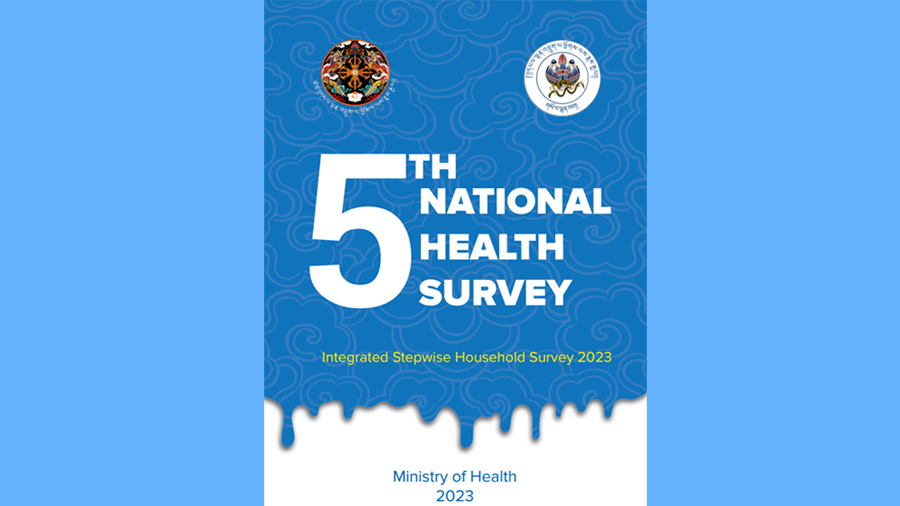
Self-harming behaviour is highest among students going by occupation according to the recent National Health Survey 2023. The survey found that 2.8 per cent of students engaged in self-harming behaviour last year. More than 11,200 people were surveyed for the report, among which 515 were students. According to UNICEF, any behaviour that causes injury to oneself as a way to deal with difficult emotions can be seen as self-harm.
According to the National Health Survey, self-harming behaviour is more prevalent between the ages of 15 and 24 at 3.4 per cent. Furthermore, it is more prevalent in urban areas, at 2.4 per cent, than in rural areas, at 2 per cent.
By gender, self-harming behaviour is more prevalent among men at 2.2 per cent compared to 2 per cent among women.
Experts say self-harming behaviour is a cry for help and support from the community is crucial in addressing the issue. A psychiatrist at the National Referral Hospital says the causes of self-harming behaviour vary from one age group to another.
“In adolescence, we might see it in times of crisis, because adolescents are still learning different ways to cope with their emotions. When it comes to adults who start self-harming, it might indicate more towards mental illness. Even among the elderly, it might be related to mental illness, but in the elderly, we also have to consider what we call neuro-cognitive disorders, like dementia or other brain disorders,” said Dr Puja Subedi, a psychiatrist at the JDWNRH.
Meanwhile, school counsellors in the capital say that over the years, especially after the pandemic, the number of students engaging in self-harming behaviour has increased.
“According to what I have observed, the children who are likely to self-harm are those who have some form of mental health issues. They are those who consume alcohol and drugs and those who are going through crisis. And also, those who feel worthless and those who think they cannot do as much as the others,” said Karma Tenzin, a school counsellor at Zilukha MSS.
“Students with self-harming behaviour, we do take it seriously. We don’t dismiss it lightly because it is a risk factor for future suicide attempts,“ said Tashi Wangmo, a school counsellor at Jigme Namgyel LSS.
Dr Puja says raising public awareness is important. She said that self-haring behaviour is not an attention-seeking behaviour and by understanding this and offering support, people can help in early identification, leading to timely treatment.
“So we need to identify people early, not when they have already developed these habits, but when they are in that process when they develop emotional dysregulation when they do not know how to cope with their emotions. And another thing is parenting.”
She added that parents or family need to guide adolescents on how to regulate their emotions in positive ways.
Considering such issues, the Health and Wellbeing programme of the Education and skills development ministry and The PEMA offer support and implement various strategies to address mental health issues.
“Depending on the severity, we provide the appropriate intervention, which may include one-on-one counselling and a referral to the psychiatrist for further intervention and support. We also conduct many well-being programmes in the schools, with different approaches targeted to all students and also to the vulnerable groups,” said Tashi Wangmo, a school counsellor at Jigme Namgyel LSS.
“We have about seven to eight programmes to tackle the issue which helps us maintain the well-being of a student. For example, we have a mentor and mentee programme every Thursday where one teacher discusses with 12 students and listens to their hardships,” said Karma Tenzin, a school counsellor at Zilukha MSS.
They added that programmes such as student resilience development are carried out to enhance the psychological resilience of students and to handle their emotions in healthy ways. Moreover, they said students can also open up to their mates through a peer helper programme.
Besides, The PEMA said that protection services are also activated if self-harm is related to violence and abuse. The PEMA provide support services such as medical interventions, counselling, psychotherapy, rehabilitation and reintegration services.
Individuals undergoing distress are advised to contact health professionals or contact The PEMA at their toll-free number 1098 for protection services and 1010 for mental health services.
Singye Dema
Edited by Kipchu









